Ramallah, MINA — The World Bank has increased this year’s allocation to Palestine to $90 million, up from the previous $55 million, World Bank Country Director for West Bank and Gaza Marina Wes has revealed.
She said a new assistance strategy for Palestine has been presented to the World Bank’s board of executive directors that focus on job creation and private sector development.
“In December 2017, we at the World Bank presented a new assistance strategy for the West Bank and Gaza at two of our board’s executive directors, and this new assistance strategy has a very strong focus on job creation and private sector development,” she said in an interview with WAFA. “The unemployment rate in both the West Bank and Gaza are extremely high especially among young people, and that’s why in this new assistance strategy, we have prioritized at the job creation agenda.”
Also Read: Saudi Arabia Wins Bid to Host World Expo 2030
Latest figures by the Palestinian Central Bureau of Statistics showed unemployment rate in Palestine during first quarter 2018 at over 30%, with around 50% unemployment in the Gaza Strip compared to around 20% in the West Bank. Unemployment was highest among the young people aged 20 to 24 years.
“Now to try to make a difference in this difficult time in the West Bank and Gaza, we also managed to get an increased allocation of $90 million for our current year,” she said, expressing hope to use this “to kick start the implementation of this new strategy and the focus on job creation and private sector development.”
Wes stressed that growth in Palestine needs to become more private sector-driven in order for it to be sustainable. “If we want to have sustainable jobs, it needs to be driven out of private sector.”
She said the World Bank group is working as one, with the International Finance Corporation (IFC) and the Multilateral Investment Guarantee Agency (MIGA), an international financial institution that provides risk guarantees including political risk guarantees.
Also Read: 148 Products from Indonesia Promoted at Sarawat Superstore Jeddah
“So by packaging the instrument that we offer at the Word Bank, IFC and MIGA, we hope to put in place a good policy environment that attracts investors and we then we want to attract investments, provide financing where necessary and provide guarantees that can help with the realization of investments in support of job creation,” added Wes.
The World Bank official praised what she described as the Palestinian Authority’s “very commendable job” in dealing with its public finances and keeping them under control.
“Now what we’re seeing is an increasing reduction in public finances which obviously provide high risks to the sustainability of the PA budget and it is something we have to monitor closely as we go forward,” she said, expressing hope that “new ways will be found for going forward, especially if growth in the economy can be maintained.’
She suggested that increased movement and access, which is controlled by the Israeli authorities, would really help the revenue base and therefore the PA budget and can help improve the business environment within the Palestinian territories.
Also Read: Packaging Industry Supports Halal Ecosystem
Wes said that the Gaza economy has declined sharply in the first half of this year.
“I think what we’ve seen in Gaza is that over the last decade or so, the blockade has undermined the capacity of the productive economy so the manufacturing base that used to be there is no longer there.”
She explained that “the long term solution has to be to create a sustainable growth model for Gaza by putting in place the conditions for access and movement that facilitate a sustainable growth model, including for instance in the IT sector,” which she said she was impressed by some of the young people she had met in Gaza and the startups that they are managing to take forward “in spite of the very challenging situations on the ground.”
Wes said cash is needed in Gaza to create short term jobs and to make sure the basic services such as education and health are maintained and improved. (T/RS5/RS1)
Also Read: Indonesia-Japan Agree on Energy Transition Cooperation
Mi’raj Islamic News Agency (MINA)





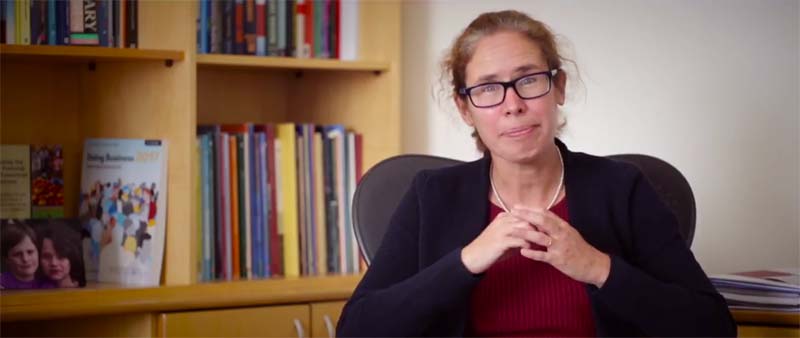



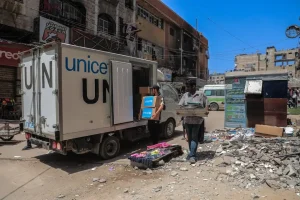
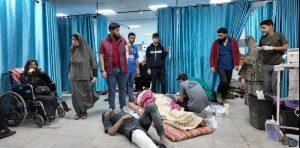
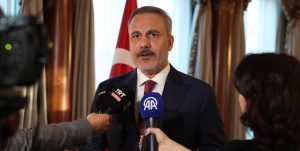

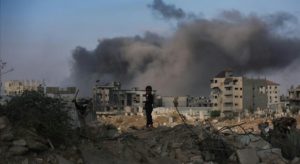

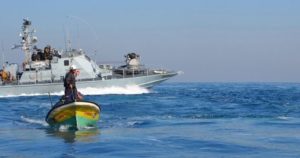
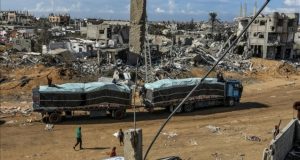
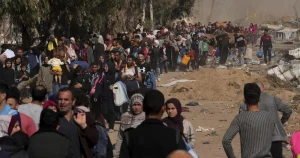
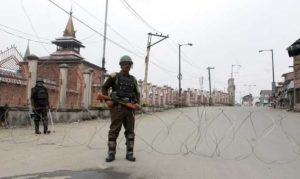
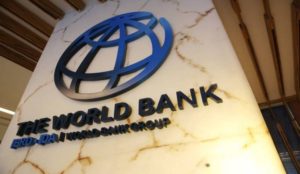






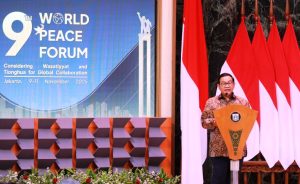





 Mina Indonesia
Mina Indonesia Mina Arabic
Mina Arabic